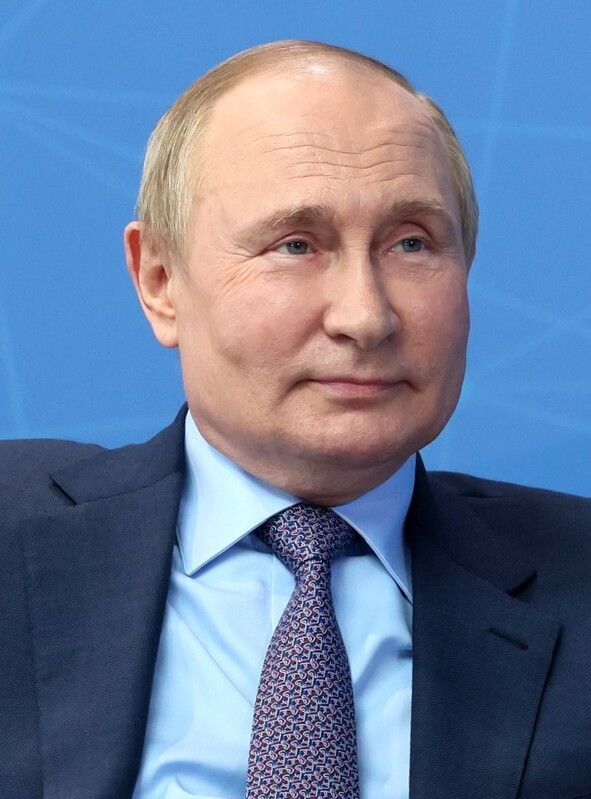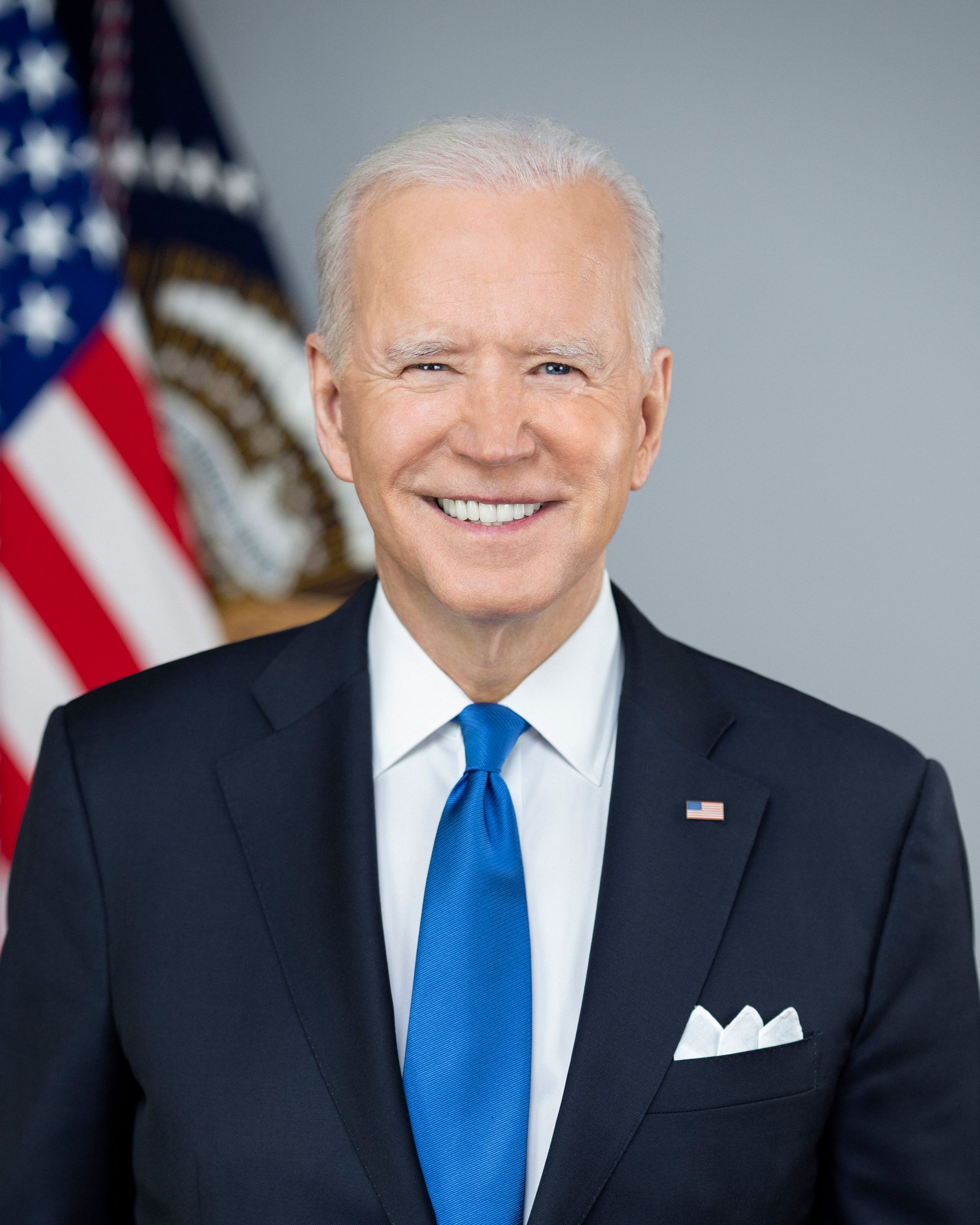By Brian Daitzman
“If we win here we will win everywhere. The world is a fine place and worth the fighting for and I hate very much to leave it.”
― Ernest Hemingway, For Whom the Bell Tolls (1940)
Recently, Polish Prime Minister Donald Tusk declared an end to the post-World War II peace era, characterizing our current times as the "pre-war era." Historically, this term evoked the interwar years, a period marked by the aftermath of World War I and leading up to World War II's onset in 1939 with the invasion and annexation of Poland by Nazi Germany and the USSR. During these years, those who came of age were known as "the Lost Generation," a group profoundly impacted by the unprecedented and nihilistic carnage of World War I, which led many to question the very essence of existence.
In 1936, large-scale organized violence erupted again in Europe with the onset of the Spanish Civil War—a brutal conflict that divided Spaniards and drew in external powers like Nazi Germany and the USSR, each supporting their chosen factions and ruthlessly eliminating those with opposing ideologies. Spain thus became a crucible for multiple ideologies—fascism, communism, conservatism, socialism, nationalism, monarchism, and liberalism—each advocating distinct visions for the individual's role relative to the state and the economy.
Today, the global landscape has shifted from debates over economic systems to divergent concepts of self-governance. Nations like Poland, the United States, and their allies advocate for self-determination, democratic participation, freedom of speech, individualism, and liberal-democratic values. In stark contrast, their adversaries view these principles as impediments to their national interests. This ideological chasm is precipitating a realignment of nations along newly defined lines.
Under President Biden's leadership, the United States and its allies are confronting the resurgence of the 'might makes right' philosophy, currently championed by Vladimir Putin's Russia—a nation still knitted together by the sinews of coercion. This bloc also includes the People's Republic of China, with its ambitions toward the aggressive annexation of Taiwan; the Islamic Republic of Iran, determined to assert dominance in the Middle East through both direct and proxy conflicts; and North Korea, infamous for its egregious human rights violations.
These two opposing blocs—the new Axis and Allies— are poised on the brink of global conflict. The critical question remains: what will ignite this confrontation? A likely spark could be China's potential aggression toward Taiwan. Will China make its move while Biden leads the Allies, or might they bide their time to see if Trump regains the presidency? It is within this cauldroncrucible of intrigue, organized violence, and historical destiny that we must grasp the significance of the 2024 election. The outcome will not only shape the direction of U.S. foreign policy but also hold profound implications for global stability and the ideological conflicts that define our era.
Russia’s invasion of Ukraine is the present moment’s analogy to the Spanish Civil War, a catastrophic conflict that, while horrible in itself, serves as a prelude to an even more devastating conflict, potentially along the lines of a global, great power war, which some might call the third world war.
This current global atmosphere strongly resembles the prelude to World War II, where battle lines are distinctly drawn between emerging blocs reminiscent of the historical Axis and Allied powers. Today, the Axis is composed of autocratic regimes such as the People's Republic of China, the Russian Federation, the Islamic Republic of Iran, and North Korea. These nations are characterized by a mix of state capitalism and coercive domestic repression, where the government wields substantial control over the economy and curtails political freedoms, echoing elements of historical fascist corporatism.
In stark contrast, the contemporary Allied bloc includes a variety of democracies led by the United States, NATO members, the European Union, Japan, South Korea, Ukraine, and the Five Eyes intelligence alliance. Despite variations in their governance, these democracies are unified in their commitment to the principles of free speech, religion, assembly, and conscience. They advocate for a political model that limits government power and fosters genuine democratic participation—a direct counterpoint to the potemkinl democracies of the Axis powers.
The ideological and political conflicts currently playing out in Ukraine and the Taiwan Strait vividly demonstrate these tensions. In Ukraine, reminiscent of the Spanish Civil War, the ongoing struggle presents a lethal test of ideologies and governance systems, with the enormous human toll highlighting the severe consequences of the clash between democracy and authoritarianism.
This scenario is exacerbated by aggressive expansionism, heightened military spending, and coercive strategies employed by the new Axis powers, including political interference and military provocations. Notably, Russia's tactics such as GPS jamming and alleged subversive activities in Western countries, combined with China's aggressive posture in the Taiwan Strait and Iran's engagement in Middle Eastern conflicts through proxies, illustrate a global landscape fraught with tension.
As in the ideological battles of World War II and the Spanish Civil War, Ukraine has become a modern battlefield where the principles of democracy and authoritarianism collide with dire human consequences. This is more than a theoretical debate over governance—it is a palpable conflict over the autonomy of nations and the freedoms of individuals, challenged by expansionist and coercive regimes.
The stakes of this emerging conflict—pitting democracy against authoritarianism—underscore a fundamental discord over the right of peoples to shape their own societal structures free from external influence. While the Axis powers endorse a governance model that restricts personal freedom and emphasizes state control, the Allied democracies champion participatory governance and individual liberties, ideals that are professed but seldom practiced within the Axis nations.
This brewing storm is further intensified by military escalations and geopolitical maneuvers. From Russia's interference in the 2016 U.S. elections, as documented by a bipartisan U.S.Senate report, to China's assertive posture in the Taiwan Strait and Iran's influence in Middle Eastern geopolitics through proxy groups, the signs of an imminent conflict reminiscent of the pre-World War II environment are unmistakable. These actions, coupled with advancements in technological warfare and the manipulation of information, reveal the complex and multifaceted nature of the looming global conflict, elevating the stakes of current geopolitical dynamics to exceptional heights.
Amid these growing global tensions, both U.S. allies and adversaries are significantly ramping up their military and strategic preparations, mirroring the atmosphere of the pre-World War II era. In nations like the UK and Poland, there is a heightened awareness of an approaching significant conflict, with leaders advocating for readiness among what they term the "prewar generation." The UK is proactively increasing its defense spending and mobilizing society to fortify national resilience against potential threats. Poland, aware of its strategic geopolitical position and historical vulnerabilities, has also enhanced its military budget and is a staunch supporter of European collective defense.
Parallel to these defensive efforts, adversaries such as Russia and China are bolstering their military readiness. Russia's ongoing aggression in Ukraine and extensive military maneuvers highlight its preparations for broader conflicts. Concurrently, China is rapidly approaching military expenditure levels comparable to those of the United States and is expanding its capabilities across conventional, cyber, and space warfare domains. This comprehensive military escalation by China and Russia is not simply a demonstration of power but a strategic move to assert their influence globally, preparing for a confrontation between blocs of nations with starkly divergent visions of governance and international order.
The forthcoming 2024 U.S. presidential election represents a critical juncture in the global ideological landscape. It presents a choice between democracy or authoritarianism, the rule of might versus the rule of law, and unilateral aggression against multilateral cooperation. Far more than a domestic contest, this election could reshape the international order for decades to come.
The stakes of this election extend far beyond U.S. borders, influencing global stability and the future of democratic governance worldwide. The American public's caution, shaped by lengthy conflicts in the Middle East, underscores the need for a balanced approach that protects democratic values without unnecessary military interventions. This election will not only determine the U.S.'s external posture but also reflect its internal reckoning with its role on the world stage.
The divergent paths offered by the potential candidates—former President Donald Trump and incumbent President Joe Biden—highlight starkly different visions for America's role in the world. Trump's tenure was characterized by skepticism toward traditional alliances such as NATO and a perceived affinity for autocratic leaders like Vladimir Putin and Xi Jinping. This approach sparked concerns about the erosion of international norms and the weakening of post-World War II institutions, which have been instrumental in preventing major conflicts between great powers. This means that in the U.S., citizens have a unique role and opportunity and a singular power in charting not only America’s direction but the future of the world.
Bibliography
Davies, David Martin. "Trump follows an authoritarian blueprint that threatens democracy." Texas Public Radio, March 21, 2024. https://www.tpr.org/podcast/the-source/2024-03-21/trump-follows-an-authoritarian-blueprint-that-threatens-democracy.
Ducourtieux, Cécile. "Debate grows on the revival of conscription in the UK." Le Monde, February 2, 2024. https://www.lemonde.fr/en/international/article/2024/02/02/debate-grows-on-the-revival-of-conscription-in-the-uk_6488174_4.html.
Eaglen, Mackenzie. "Keeping Up with the Pacing Threat: Unveiling the True Size of Beijing’s Military Spending." American Enterprise Institute, April 29, 2024. https://www.aei.org/research-products/report/keeping-up-with-the-pacing-threat-unveiling-the-true-size-of-beijings-military-spending/.
Edwards, Christian, Benjamin Brown, and Eve Brennan. "Europe in ‘pre-war era,’ warns Poland’s Prime Minister Tusk, citing Russia’s threat." CNN, March 29, 2024. https://www.cnn.com/2024/03/29/europe/poland-tusk-europe-pre-war-russia-ukraine-intl/index.html.
Gera, Vanessa, and Sylvia Hui. "UK puts its defense industry on ‘war footing’ and gives Ukraine $620 million in new military aid." Associated Press, April 23, 2024. https://apnews.com/article/poland-uk-nato-ukraine-sunak-military-aid-be9fa8b106eda83c2da140e0f2774fcb.
Korsunskaya, Darya, Alexander Marrow, and Mark Trevelyan. "Putin grows war economy but incomes suffer 'lost decade'." Reuters, March 14, 2024. https://www.reuters.com/markets/europe/putin-grows-war-economy-incomes-suffer-lost-decade-2024-03-14/.
Lawless, Jill. "American Allies Worry the US Is Growing Less Dependable, Whether Trump or Biden Wins." Military.com, February 11, 2024. https://www.military.com/daily-news/2024/02/11/american-allies-worry-us-growing-less-dependable-whether-trump-or-biden-wins.html.
Mazzetti, Mark. "G.O.P.-Led Senate Panel Details Ties Between 2016 Trump Campaign and Russia." The New York Times, August 18, 2020. https://www.nytimes.com/2020/08/18/us/politics/senate-intelligence-russian-interference-report.html.
Rachman, Gideon. "How Tucker Carlson became Putin’s useful idiot." Financial Times, February 9, 2024. https://www.ft.com/content/8fb346c0-6d6c-4f2d-a2cc-8758d5728446.











